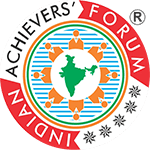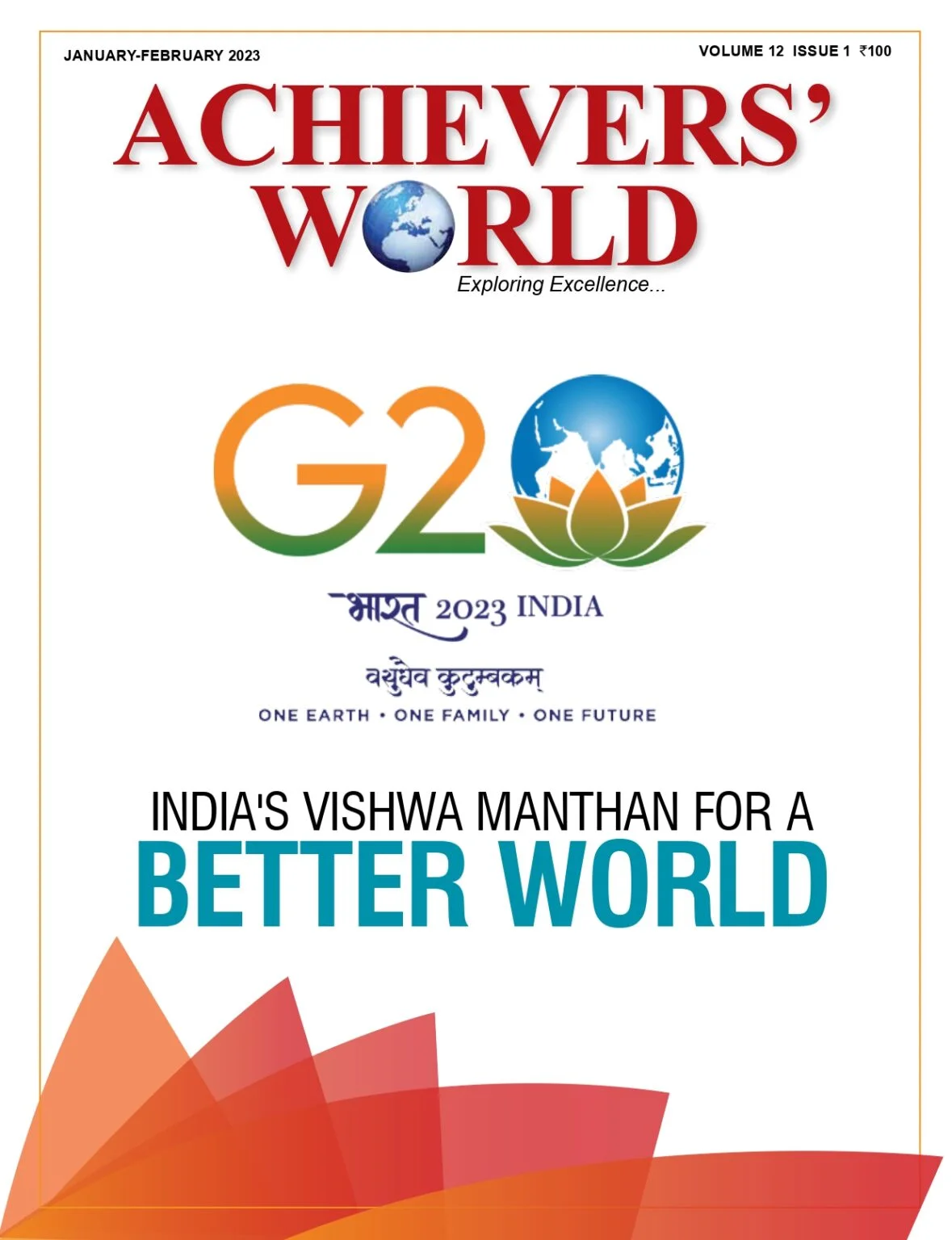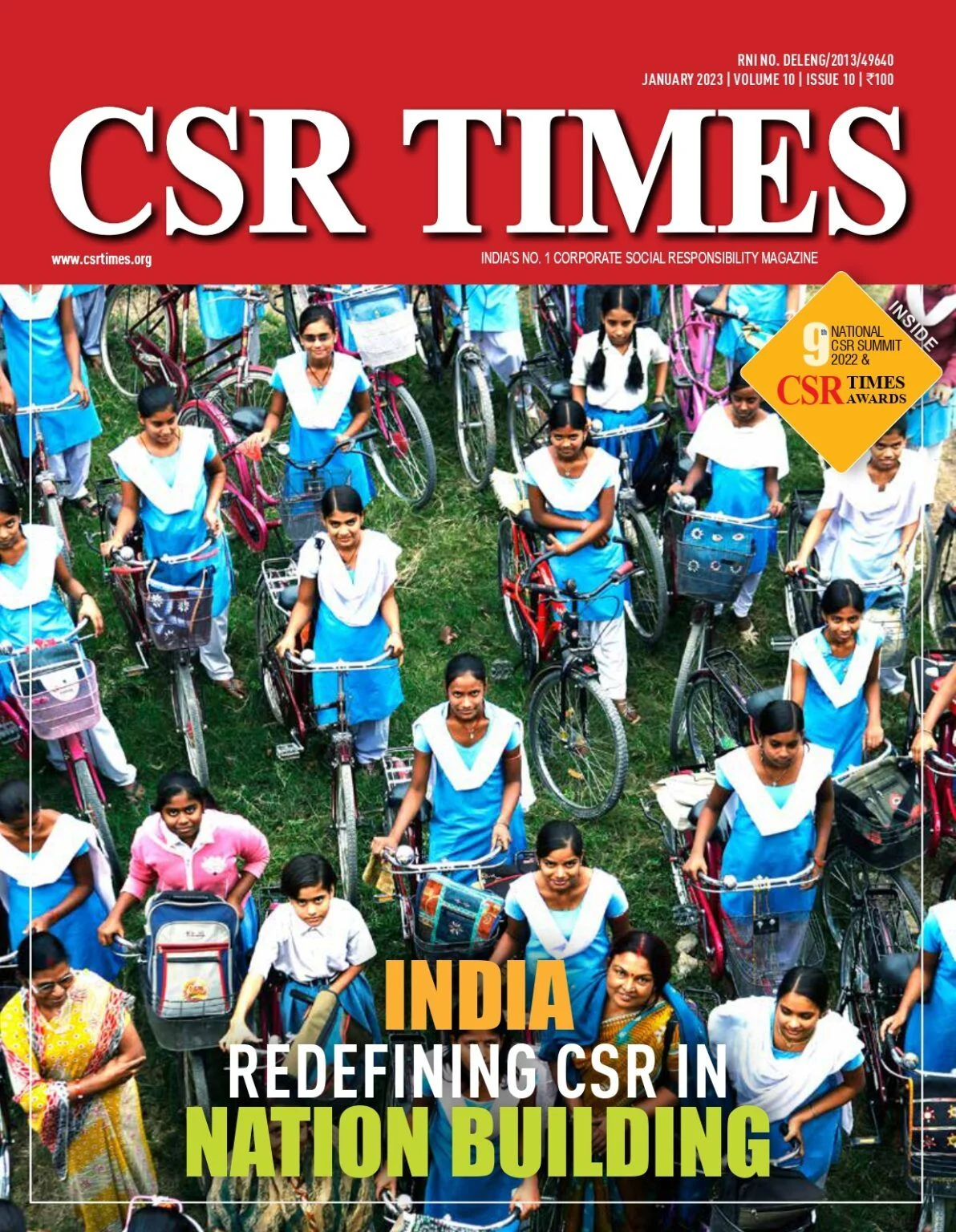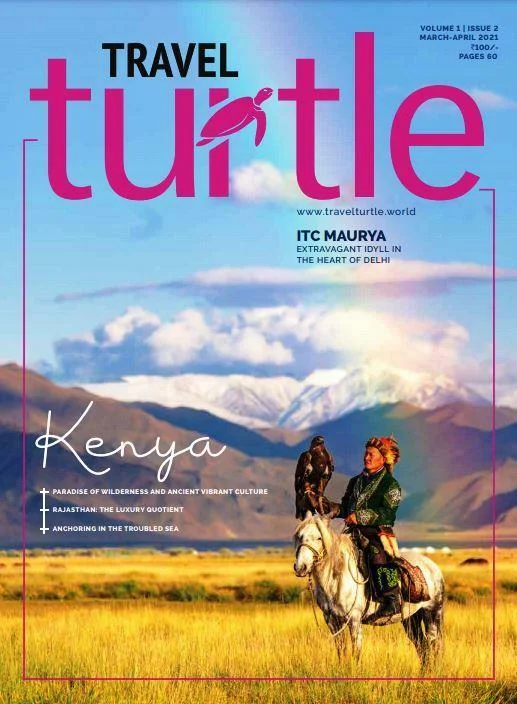The highest civilian honours of India

Over the years, Padma Awards have become an instrument of recognizing the unsung nation builders. It is a great morale booster and certainly an inspiration and motivator for many.
h e Padma Awards are announced annually on the eve of Republic Day. While the Padma Awards Committee applies no rigid criteria or
trenchant formula for selection, it looks for an individual’s lifetime achievement while making a selection. There ought to be an element of public service in the accomplishments of the person to be selected. The award is given for ‘special services and not merely for long service. It should not be merely excellence in a particular field, but the criteria must be “excellence plus”. The usual practice is to invite recommendations every year from 1st May to 15th September from all State / UT Governments, Ministries/ Departments of the Government of India, Bharat Ratna and Padma Vibhushan awardees and Institutes of Excellence. The nominations/recommendations for the Padma Awards will be received only on the online portal https://padmaawards.gov. in designed for this purpose. The nominations/recommendations should contain all relevant details specified in the format available on the above portal, including a citation in narrative form (maximum 800 words), clearly bringing out the distinguished and exceptional achievements/service of the person recommended in their respective field/discipline. While recommending a person online, it should be ensured that all the necessary details are properly filled. The steps to be taken for making online recommendations are available on the above-said website.
Institution, while making recommendations, may appropriately consider all those whose outstanding contributions to the field with which an institution is associated and deserve recognition. This would be inclusive of persons not necessarily working or associated with the proposing The existence of an element of public service in the achievements of the person recommended for the award would be a desirable factor. Efforts may be made to identify talented persons from amongst women, weaker sections of the society, SCs & STs, divyang persons, etc., who deserve to be considered for the award. The Padma Award is the country’s second-highest civilian award (See Box for First highest Civilian Awards in India). It should also be considered whether the recommended person has earlier been given any National award or a State award in their respective field. Recommendations received from them and other sources like Central/ State Ministers, Chief Ministers/ Governors of State, Members of Parliament,
private individuals, bodies etc., are placed before the Padma Awards Committee. Persons selected for the awards are subjected to verification by the investigating agencies of the Government to ensure that their character and antecedents are above board. The Padma Awards are conferred on the recommendations made by the Padma Awards Committee, which are submitted to the Prime Minister and the President for approval.
The awards are presented in three categories– Padma Vibhushan (Pahela Varg (Class I) was its previous name), Padma Bhushan (Dusra Varg (Class II) was its previous name) and Padma Shri (Teesra Varg (Class III) was its previous name). The award seeks to recognize works of distinction and is given for distinguished and exceptional achievements/service in all fields of activities/ disciplines. An illustrative list of the fields is as under:
• Art (includes Music, Painting, Sculpture, Photography, Cinema, Theatre etc.) • Social work (includes social service, charitable service, contribution in community projects etc.)
• Public Affairs (includes Law, Public Life, Politics etc.)
• Science & Engineering (includes Space Engineering, Nuclear Science, Information Technology, Research & Development in Science & its allied subjects etc.)
• Trade & Industry (includes Banking, Economic Activities, Management, Promotion of Tourism, Business etc.)
• Medicine (has medical research, distinction/specialization in Ayurveda, Homeopathy, Siddha, Allopathy, Naturopathy etc.)
• Literature & Education (includes Journalism, Teaching, Book composing, Literature, Poetry, Promotion of education , Promotion of literacy, Education Reforms etc.)
• Civil Service (includes distinction/excellence in administration etc. by Government Servants) • Sports (includes popular Sports, Athletics , Adventure , Mountaineering, promotion of sports, Yoga etc.)
• Others (fields not covered above and may include propagation of Indian Culture, protection of Human Rights, Wild Life protection/conservation etc.) The award is normally not conferred posthumously.
However, in highly deserving cases , t h e Government could consider giving an award posthumously. The decoration is normally not conferred posthumously. However, in highly deserving cases, Government could consider giving an award posthumously if the demise of the person proposed to be honoured has been recent, say within a period of one year preceding the Republic Day on which it is proposed to announce the award. A higher category of Padma Award can be considered in respect of a person who has earlier been conferred an award provided a period of at least five years has elapsed. However, in exceptionally deserving cases, a relaxation can also be considered. Padma Awards bring pride to not only the recipient but to all those associated with that individual. It is a major inspiration for many to follow.
